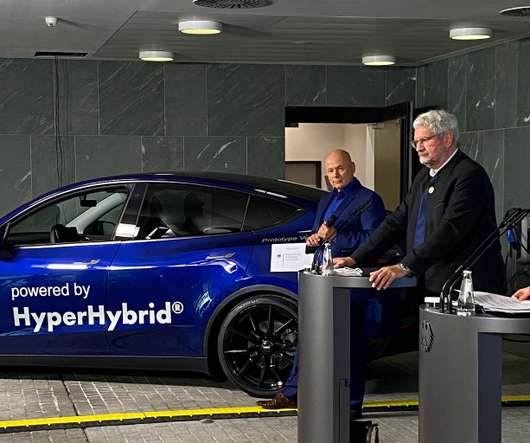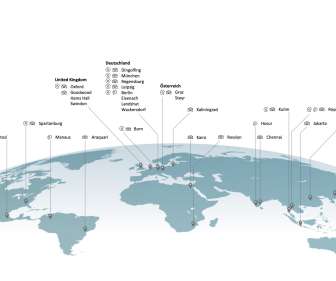Uniper to make Wilhelmshaven German hub for green hydrogen; green ammonia import terminal
Green Car Congress
APRIL 17, 2021
Under the name “Green Wilhelmshaven,” Germany-based international energy company Uniper plans to establish a German national hub for hydrogen in Wilhelmshaven and is working on a corresponding feasibility study. Plans include an import terminal for green ammonia. —David Bryson, COO Uniper.













Let's personalize your content